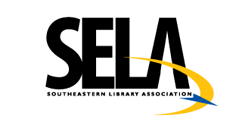Abstract
Like many educational institutions, the University of South Alabama has seen a recent uptick in academic misconduct, especially plagiarism. To better understand and work toward solving this issue, the University’s Library and Writing Center conducted a survey of faculty across disciplines. The survey elicits part-time and full-time faculty perspectives on the Library and Writing Center’s roles in providing information literacy instruction and preventing plagiarism. Libraries and writing centers are uniquely situated to assist with preventing plagiarism. For example, academic libraries adhere to the ACRL Framework for Information Literacy for Higher Education, the tenets of which emphasize information literacy and understanding scholarship as a conversation, necessary theoretical underpinnings to academic integrity (Association of College and Research Libraries, 2016). Similarly, writing centers provide one-on-one guidance on how to work with sources, including paraphrasing, quoting, summarizing, and citation, to help students avoid plagiarism (Gruber, 1998). Through these approaches, libraries and writing centers have a shared investment in improving students’ critical literacy (Pagnac, Boertje, McMahon, & Teets, 2014). The instructional goals and methods of libraries and writing centers complement one another in this area and others, offering opportunities for fruitful collaboration (Cooke & Bledsoe, 2008).
Publication Date
6-1-2018
